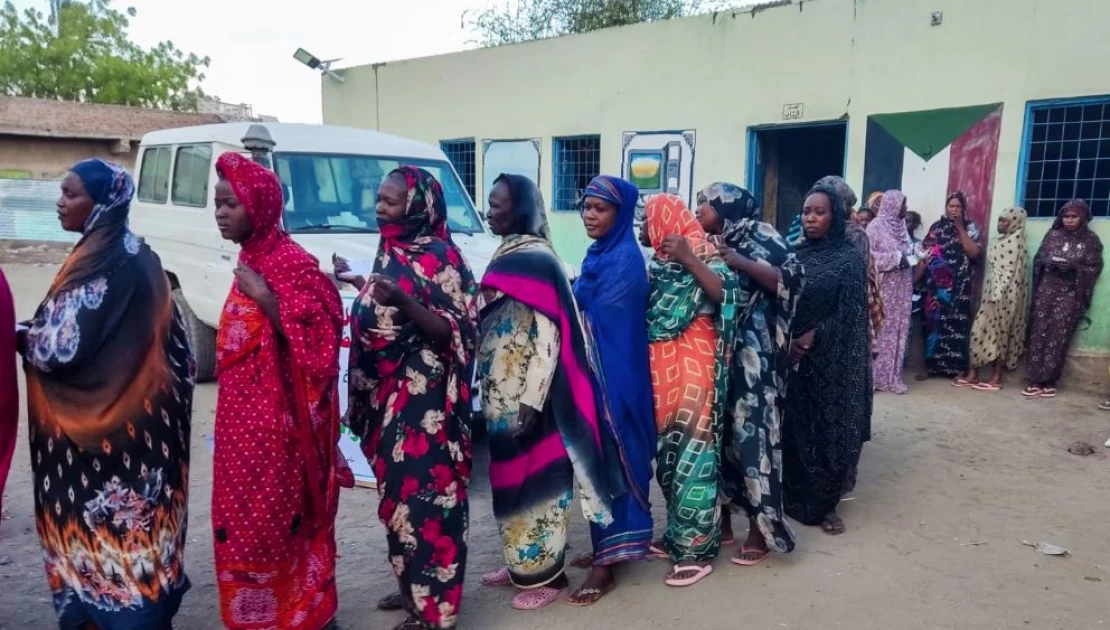Humanitarian observers issued a stark warning on Friday, highlighting the escalating crisis in North Darfur’s capital, El Fasher. They noted that the state’s sole operational hospital is facing a critical shortage of supplies, with only about a week’s worth remaining. The situation is compounded by a rising number of casualties, underscoring the urgent need for intervention.
“The fighting has reportedly forced thousands of people to flee since 10 May and caused hundreds of civilian casualties,” U.N. spokesperson Stephane Dujarric told reporters.
On May 10, clashes erupted within El Fasher between the Sudanese Armed Forces (SAF), stationed within the city, and the paramilitary Rapid Support Forces (RSF). Prior to their incursion into the state capital, the RSF launched attacks on surrounding towns, exacerbating tensions in the region.
According to the Paris-based medical charity Doctors Without Borders, also known as MSF, at least 700 injured civilians have been admitted to the last functioning hospital, known as South Hospital, in the past two weeks alone. Tragically, eighty-five of these individuals have succumbed to their injuries.
“People are arriving with abdominal injuries, chest wounds, brain trauma, and open fractures,” Claire Nicolet, MSF’s head of emergency programs, said earlier this week in a statement.
“Some have gunshot wounds, some have been wounded by bomb fragments, and others have been wounded by shelling.”
She emphasized that the hospital is in urgent need of additional surgeons and supplies to cope with the overwhelming influx of patients.
Humanitarian organizations have faced significant challenges in reaching El Fasher for several weeks. The city is currently hosting at least 800,000 civilians, many of whom have been displaced from other areas of Darfur that have been taken over by the RSF.
“More than a dozen trucks carrying aid for more than 121,000 people have been trying to reach El Fasher for over a month, but the current security situation is making this all but impossible,” Dujarric said.
Additionally, he disclosed that a World Food Program truck convoy, carrying 1,200 metric tons of food and nutrition supplies for approximately 117,000 people, successfully crossed into North Darfur from Chad on Thursday via the Tine crossing.
The Sudanese government had reopened this crossing in early March after initially closing it, expressing concerns that it could facilitate the supply of arms and ammunition to the RSF.
Regarding accusations of weapon transfers, the Sudanese government has consistently pointed fingers at the United Arab Emirates (UAE), alleging that it has been sending arms to the RSF through airports in Chad.
On Friday, the Security Council convened at Sudan’s request to discuss this matter. However, the meeting was held in private, whereas Sudan had preferred a public session.
Following the meeting, Sudan’s envoy urged for the UAE to be “censured and condemned” for its alleged actions, accusing it of behaving like a “rogue state” by intervening in Sudan through various local and foreign proxies, including mercenaries from Chad, southern Libya, and parts of the Sahel.
The envoy claimed that arms supplied by the UAE were being used by the RSF to perpetrate violence against civilians, including killings, rapes, displacement, and destruction of infrastructure. However, the UAE has vehemently denied these accusations, labeling them as baseless.
In response to these allegations, the UAE Ambassador emphasized that the efforts by Sudan’s representative were aimed at diverting attention from the atrocities committed by all warring parties in Sudan, including attacks on civilians and obstruction of humanitarian aid.
A report published by a panel of experts mandated by the Security Council to monitor sanctions implementation in Sudan highlighted that the Sudanese Armed Forces (SAF) had been engaging in aerial bombing and heavy shelling in urban areas of Darfur, leading to a significant humanitarian crisis.
The report also noted that the RSF had gained a military advantage by acquiring heavy and sophisticated weapons since the beginning of the conflict in April 2023. This enabled them to swiftly capture key cities like Nyala in South Darfur and El Geneina in West Darfur. Additionally, the RSF’s new anti-aircraft devices reportedly helped them counter the SAF’s air force.
The panel of experts further stated that they had observed numerous cargo planes originating from Abu Dhabi International Airport arriving at Amdjarass International Airport in eastern Chad since June, with stops in Kenya, Rwanda, and Uganda. The gathered information appeared to support media reports alleging that these aircraft were transporting weapons, ammunition, and medical equipment for the RSF.
However, the UAE refuted these claims, asserting that the cargo planes were carrying humanitarian assistance for displaced Sudanese, not arms.


